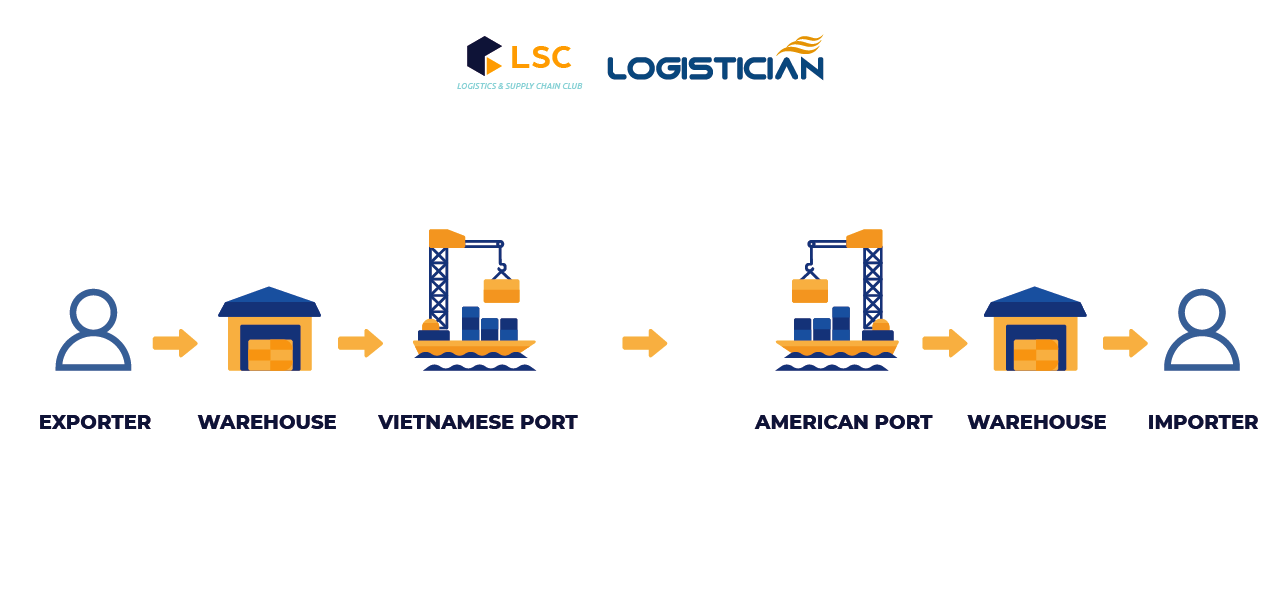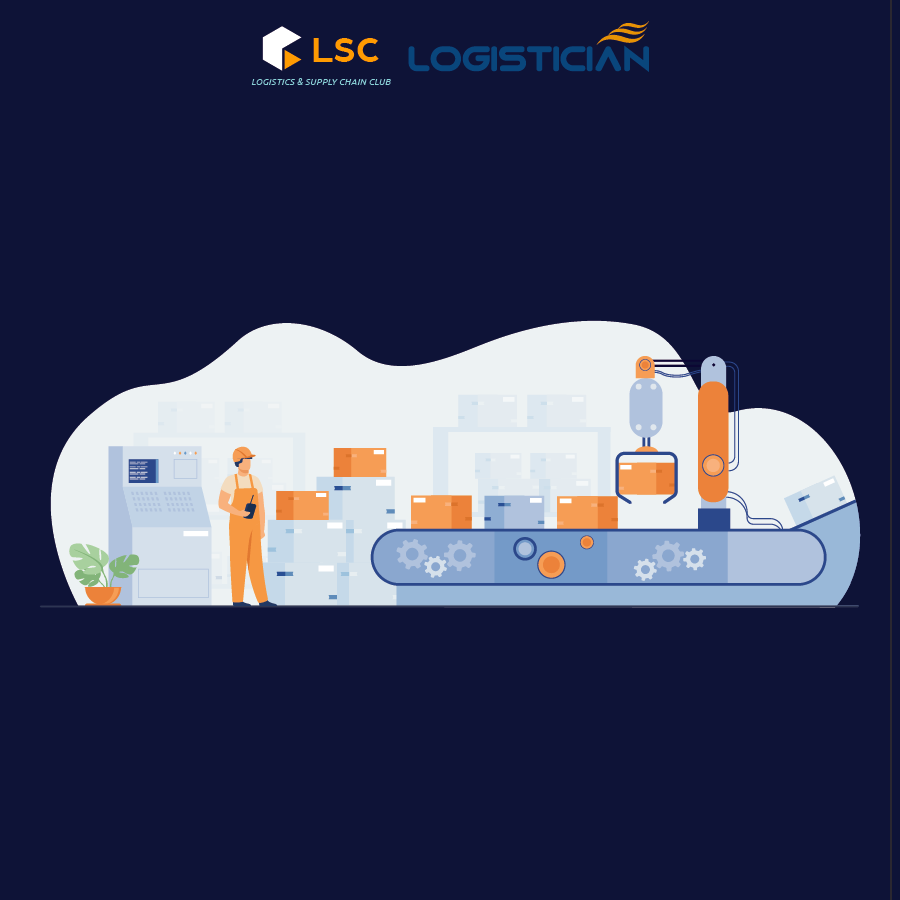TOPLINE Vietnam’s international integration process motivates trading activities and the development of international transactions. Logistics – the backbone of the economy, is considered an industry with great potential, contributing to facilitating the movement of goods domestically and internationally. So, what is Logistics? In this article, Logistician will introduce you to the fundamentals of Logistics.
KEY POINTS
- Logistics is a collection of activities including transportation, warehousing, and so on that are designed to bring commodities from the point of manufacture to the consumer as safely and cost-effectively as possible.
- A logistics company’s task is to plan and control the transportation of commodities from the point of origin to the point of consumption following the customer’s requirements.
- Logistics plays an important role, not only improving the competitiveness of enterprises but also promoting the development of the economy.
ARTICLE
Let’s consider the following example to have a better understanding of logistical activities: “There is an order that needs to be shipped from Vietnam to the United States by sea transport; the exporter finds a shipping line with good prices via a third party, which is a freight forwarder. Previously, to get products from the warehouse to the port, it was essential to find a transport firm that could deliver the items using a tractor. In order to export to the United States, the firm must first obtain approval from both Vietnam Customs and US Customs, which will be handled by a customs broker. When the commodities arrive at the port in the United States, there should be warehouses to keep them before they are sent to the importer, and then to the user.”

What is logistics?
It is clear that Logistics is present throughout the supply chain, therefore logistics management is a subset of supply chain management. Logistics is simply a collection of activities linked to transportation, warehousing, and so on, all aimed at getting commodities from the point of production to the consumer as safely and economically as possible.
Logistics services are also defined in Article 233 of the Commercial Law 2005: “Logistics services are commercial activities whereby traders organize to perform one or more jobs including receiving goods, transporting and storing goods, storage, customs clearance, other paperwork, customer consultation, packaging, marking, delivery or other services related to goods as agreed with customers goods for remuneration.”
What activities do a LSP (Logistics Service Provider) perform?
The above example demonstrates how difficult it is for exporters to execute and control the whole chain. Logistics companies were founded to allow enterprises to concentrate on their core activities. A Logistics company’s task is to explicitly arrange and strictly control the flow of goods, as well as information about raw materials and fuel, from the point of origin to the place of consumption following customer specifications.
Specifically, the services that logistics companies can provide include:
- International transport (booking shipping lines, airlines, cross-border transport, etc.)
- Domestic transport (transportation of goods between factories, production facilities, warehouses, distribution centers; last mile delivery)
- Consolidation and collection

- Store and preserve goods at warehouses and distribution centers.
- Packing and labeling
- Performing other value-added services related to documents and documents such as: buying insurance for goods; goods clearance procedures; permits for quarantine, goods inspection and inspection; Certificate of C/O and other necessary specialized licenses.
- Others
In addition, if there is any request from the customer, the company can act as a representative to carry out other procedures. The services provided depend on the needs of the customer for different orders.
Some big Logistics companies in Vietnam can be named such as Giaohangtietkiem, Vietnam Post, Giao hàng nhanh, etc. Besides, there are foreign LSP in Vietnam such as DHL, Maersk, Co., Ltd. Hitachi Transport System, etc.

How important is Logistics?
Logistics is like a lubricating oil facilitating the process of connecting sectors of the economy such as supply, production, etc., contributing to saving and reducing costs of circulation in the distribution of goods, improving the competitiveness of logistics companies. products, for businesses thereby promoting trade and economic cooperation with countries in the region in general and countries around the world in particular.
Logistics, in particular, plays the following responsibilities for businesses:
- It helps firms successfully solve both input and output problems, optimizes the movement of materials, goods, and services, and so on,etc.
- Improve management efficiency, lower costs in the manufacturing and delivery of goods, and boost corporate competitiveness.
- Create benefits in terms of time and place for product distribution and consumption in the context of increasingly geographically distant consumption markets and sources of the current globalization trend.
- Helping businesses transport goods and provide services to customers efficiently and quickly. The construction of optimal solutions in storage, transportation, purchasing… and the development of modern information systems will be good conditions to bring goods to the place where customers require the fastest.
- Creating a competitive advantage for businesses in production and business activities by selling goods at lower costs due to an efficient logistics system. By delivering a better and more comprehensive service to clients, the company’s reputation is boosted.
Van Anh
FURTHER READING













